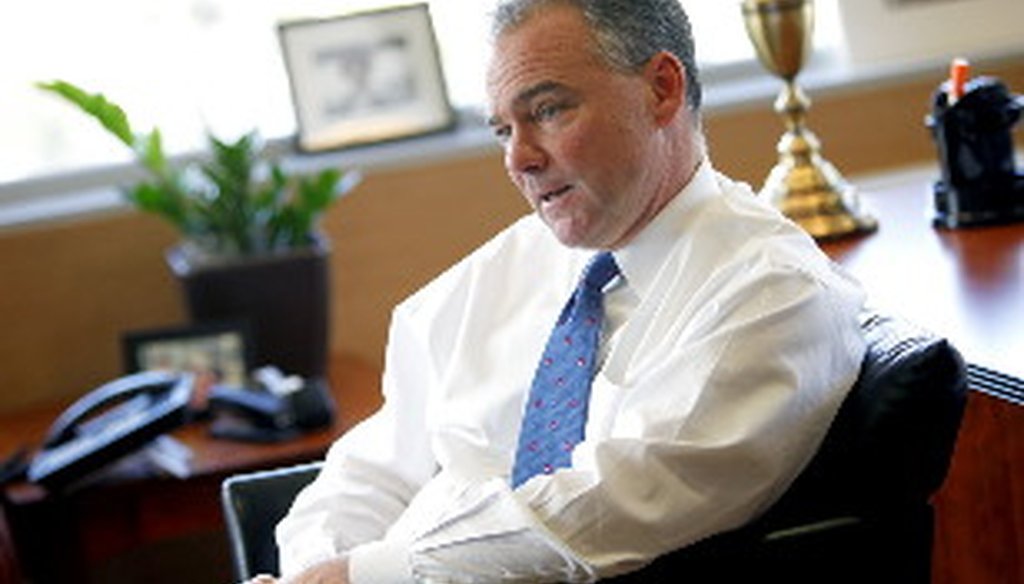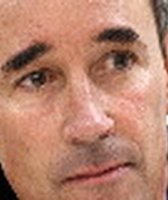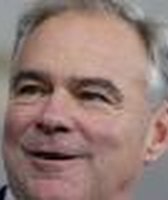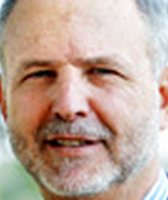Get PolitiFact in your inbox.

Tim Kaine says lack of health insurance leads to 23,000 premature deaths in the U.S. every year.
Democratic Senatorial candidate Tim Kaine recently said that having no medical insurance can be hazardous to your health.
"When people are left out, we’re naturally going to focus on that, if it’s 47 million people who don’t have health insurance, if it’s 23,000 people who die every year because they lack access to health care for something that’s easily treatable," Kaine said at the Richmond Democratic Committee’s June 23 banquet.
What caught our attention was Kaine’s assertion that 23,000 people die each year due to lack of health insurance.
When we checked, we found credible reports supporting and undercutting that claim, so we’re taking a pass on submitting his statement to the Truth-O-Meter. But we still want to summarize what we found.
Brandi Hoffine, Kaine’s spokeswoman, said the statement comes from a 2008 Urban Institute report which says 22,000 people die annually from lack of health care.
Hoffine also sent us a link to a September 2009 report from FactCheck.org story that says many studies have shown people without health insurance have a higher chance of dying sooner than those with coverage.
One widely-quoted study is a 2002 report from the Institute of Medicine, part of the National Academy of Sciences, that examined more than 100 studies looking into whether people without health insurance get the care they need.
Using yearly statistics on insurance rates and deaths, the IOM report found 18,000 people die annually because they lack health insurance.
The report found that working age Americans without health insurance are more likely to receive too little medical care and are more likely to receive it too late. They’re also more likely to be sicker and die sooner than those with coverage, the IOM found.
The 2008 Urban Institute report used the IOM’s methodology with updated statistics and found the number of deaths due to lack of insurance had risen to 22,000. The Urban Institute report also said the IOM’s may have even understated the mortality among the uninsured, adding that annual deaths due to lack of insurance could have been as high as 27,000.
But other reports contradict these findings.
Richard Kronick, chief of the Division of Health Care Services at the Department of Family and Preventative Medicine at the University of California at San Diego examined the IOM’s findings in a paper published in April 2009.
Kronick, a senior health care policy adviser in President Bill Clinton’s administration, found that after adjusting for demographic and health factors - such as whether uninsured respondents were smokers and how they rated their own health - the uninsured were at no greater risk of dying earlier than people who had employer-sponsored group insurance.
Kronick pointed out in his paper that even he considers findings "counterintuitive." He suggested that uninsured people are being caught in the social safety net of public hospitals and community clinics before they they die prematurely.
PolitiFact, in an August, 2009 story, spoke to a range of experts from the left-leaning Brookings Institute to the conservative Heritage Foundation, who said they found Kronick’s results credible.
In December, 2009 researchers from the Harvard Medical School published a study attributing 44,789 annual U.S. deaths to lack of coverage. That’s more than the average yearly deaths in the U.S. from kidney disease.
Even after adjusting for factors such as alcohol consumption, smoking history and level of exercise, those who lacked health insurance were still at "significantly increased risk of mortality" the Harvard study found.
A quick footnote on the Harvard study. Two of the authors are co-founded the Physicians for a National Health Program, a group that advocates for a single-payer health system, according to FactCheck.org. One of the authors told the fact-checking website that the group didn’t fund the Harvard report or have any influence over its analysis.
The bottom line is that although there’s a good body of evidence backing Kaine’s assertion, there’s also credible research that casts doubt on his statement.
Our Sources
YouTube video, "Tim Kaine’s remarks from the Richmond City Democratic Committee first annual banquet,"June 23, 2011 (statement is just over 13minutes into video).
PolitiFact, "Pascrell says up to 22,000 Americans die yearly because they don’t have health ,insurance," August 20, 2009.
FactCheck.org, "Dying from lack of insurance," September 24, 2009.
Institute of Medicine, "Care without coverage: too little, too late,"May 2002.
Urban Institute, "Uninsured and dying because of it," January 2008.
Paper by Richard Kronick, Department of Family and Preventative Medicine at the University of California (San Diego) School of Medicine, "Health insurance coverage and mortality revisited," April 2009.
American Journal of Public Health, "Health insurance and mortality in U.S. adults," December 2009.
Harvard Gazette, "New study finds 45,000 deaths annually linked to lack of health coverage," , September 17, 2009.
Employment Policies Institute, "Who are the uninsured?", June 2009.
PolitiFact Texas article, "Gov. Rick Perry says everyone has access to health care coverage, even without insurance," April 27, 2010.













































